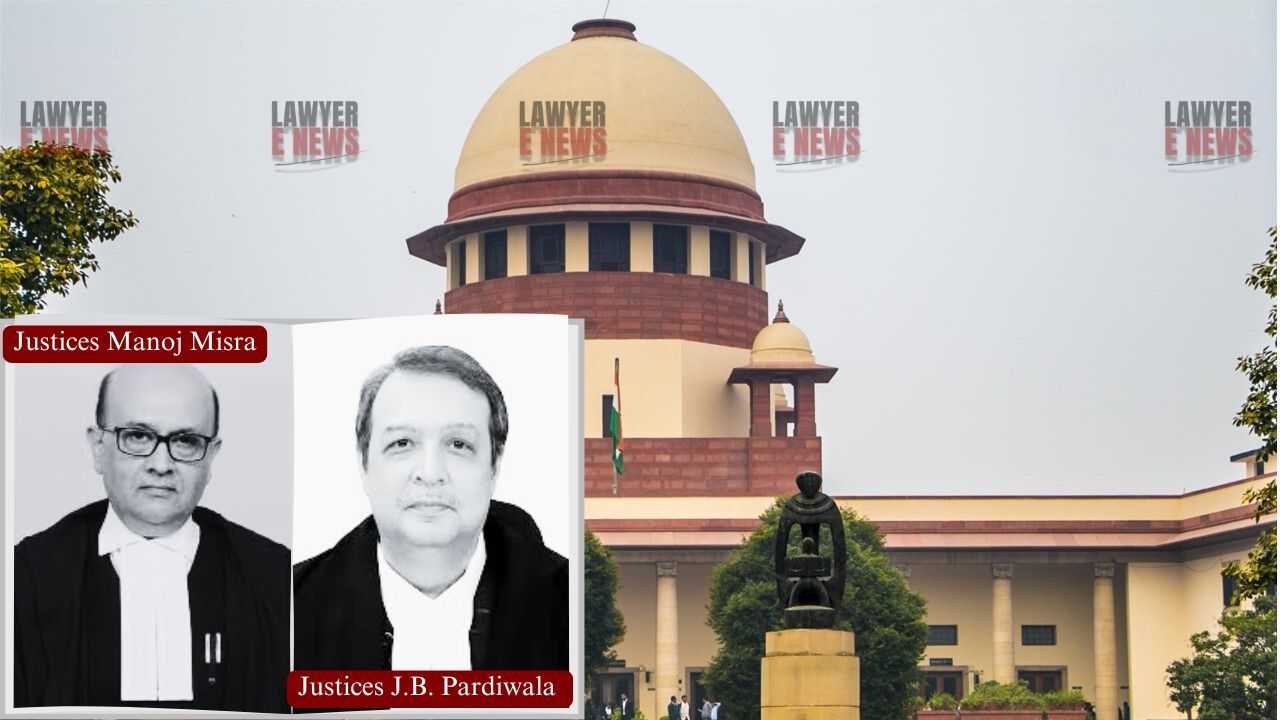-
by sayum
14 February 2026 2:22 PM



In a significant ruling, the Supreme Court of India has provided clarity on the applicability of anticipatory bail under the Scheduled Castes and Scheduled Tribes (Prevention of Atrocities) Act, 1989 ("SC/ST Act"). The Court held that while Section 18 of the SC/ST Act generally bars the grant of anticipatory bail, this bar is not absolute. The courts can grant anticipatory bail if it is evident that the complaint does not make out a prima facie case for the application of the Act’s provisions.
The case involved the appellant Shajan Skaria, who was accused under Sections 3(1)(r) and 3(1)(u) of the SC/ST Act for publishing a video containing derogatory remarks against a Scheduled Caste MLA. The appellant, fearing arrest, sought anticipatory bail, which was denied by both the Special Court and the High Court of Kerala, leading to the present appeal before the Supreme Court.
Justice Ravindra Bhat, in his concurring opinion, emphasized the need for courts to balance two interests while dealing with anticipatory bail applications under the SC/ST Act: ensuring that the power is not exercised akin to the jurisdiction under Section 438 of the Criminal Procedure Code (CrPC) and using it sparingly in exceptional cases where no prima facie offence is shown in the FIR or complaint.
The Court reiterated that the duty of the courts is to verify whether the allegations in the complaint genuinely disclose a prima facie case under the SC/ST Act. If no such case is made out, the courts are not precluded from granting anticipatory bail despite the bar under Section 18 of the Act.
Justice Bhat highlighted that where the materials on record do not justify the arrest under the SC/ST Act, the courts have the inherent power to grant pre-arrest bail. This judgment aligns with previous rulings where the Supreme Court has stressed that the provisions of the SC/ST Act should not be misused for purposes of personal vendetta, and the courts must ensure that the allegations are credible before denying anticipatory bail.
The judgment discussed the historical context and the intent behind the enactment of the SC/ST Act, recognizing the need to protect the marginalized sections of society. However, the Court also acknowledged that the provision barring anticipatory bail should not be misused to unjustly curtail the personal liberty of individuals where no prima facie case exists.
Justice Bhat noted, "The courts should ensure that the power to grant anticipatory bail under the SC/ST Act is exercised sparingly and only in cases where it is evident that the allegations do not make out a prima facie offence under the Act."
The Supreme Court’s ruling is a significant step in balancing the protection of vulnerable sections of society with the need to prevent misuse of stringent legal provisions. This judgment clarifies that while the SC/ST Act imposes a bar on anticipatory bail, this bar is not absolute, and courts have the discretion to grant bail in cases where no prima facie case is made out, thereby safeguarding the rights of the accused.
Date of Decision: August 23, 2024.
Shajan Skaria v. The State of Kerala & Anr.
